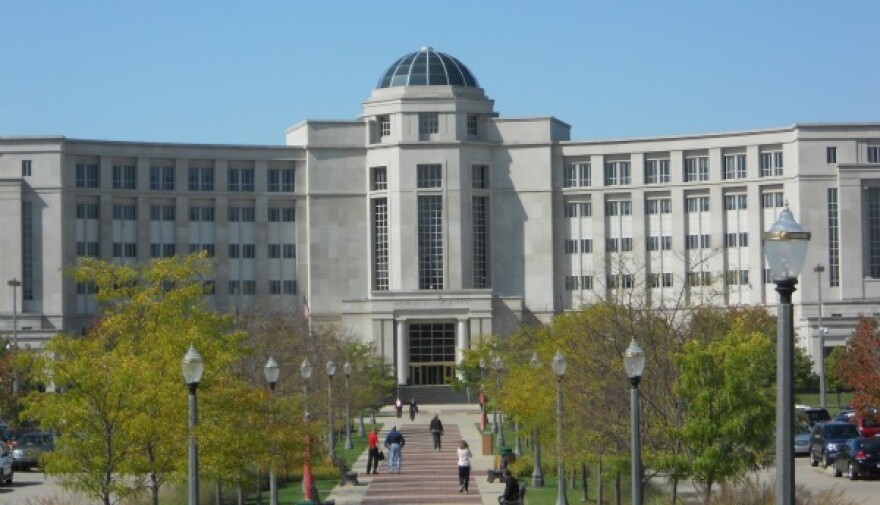An LGBTQ-focused health clinic in Detroit and the Catholic church in Michigan have been given permission to weigh in on opposite sides of a court case challenging a state civil rights policy.
The case is pending before the Michigan Supreme Court, which has allowed the Corktown Health Center in Detroit and the Michigan Catholic Conference to file amicus briefs.
The Michigan Department of Civil Rights says it can investigate claims of discrimination based on sexual orientation and gender identity. It says that’s because the Elliott-Larsen Civil Rights Act outlaws sex discrimination. This is from the law:
The opportunity to obtain employment, housing and other real estate, and the full and equal utilization of public accommodations, public service, and educational facilities without discrimination because of religion, race, color, national origin, age, sex, height, weight, familial status, or marital status as prohibited by this act, is recognized and declared to be a civil right.
But a wedding venue, Rouch World, and Uprooted Electrolysis, a hair removal clinic, say the state cannot force them to serve same-sex and transgender clients under Michigan’s civil rights law. The challenge notes the Legislature has refused efforts to expand the law to specifically cover sexual orientation and gender identity.
Though not direct parties, the Michigan Catholic Conference and the Corktown Health Center asked to file support briefs, each on a different side in the case.
Corktown’s brief says the ability to deny LGBT people employment has sweeping implications, including access to employer-provided health insurance:
A reading of the Elliott-Larsen Civil Right Act that permits discrimination in employment and discrimination in the provision of health services against lesbian, gay, and bisexual people not only runs counter to the purpose of the Act and to federal precedent, it also adversely impacts access to health care.
The Michigan Catholic Conference brief says the Department of Civil Rights’ interpretation is an amendment that expands the intent and scope of the law without action by the Legislature.
The Department’s interpretation—now being offered over 50 years after the enactment of the (Elliot-Larsen Civil Rights Act) -- departs from the plain meaning of that law … In doing so, it leaves religious communities in its wake. This Court should reject the unlawful interpretation and allow Michiganders, through their elected representatives, to craft solutions that fully and fairly account for the rights, liberties, and consciences of all in our state.
A large number of parties have asked to file support briefs in the widely watched case and those are still being submitted.
Oral arguments in the case have not yet been scheduled, but should take place sometime in 2022.


